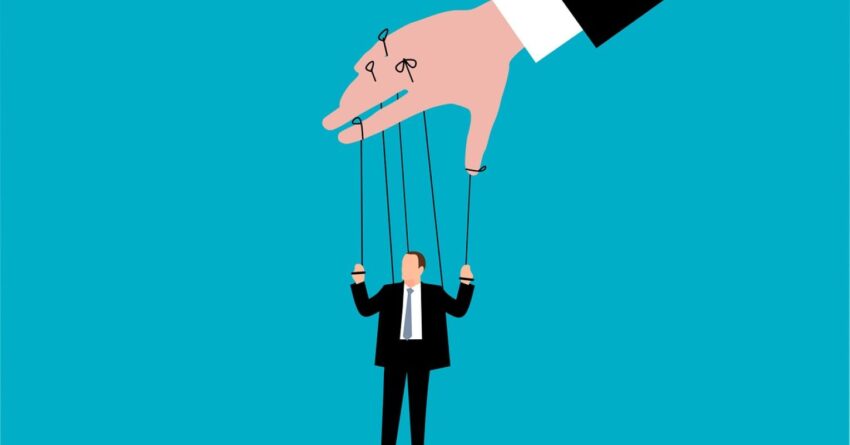For those who need it, chronic reassurance is never enough to fully soothe. Ultimately, those who require that much control and that much predictability, more than anything, need to start tolerating letting go and allowing others to decide how they feel about them—good, bad, or neutral.
There’s a great line in Henry David Thoreau’s Walden: “Rather than love, than money, than fame, give me truth.” When we value self-image above all else, we expect the world to adapt to us, not caring about, even abhorring, its natural unfolding. So, when we seek out reassurance, rarely are we preoccupied with the validity of what we want to believe. When they’re being more lucid and honest, some individuals who tend to obsess may even say things like, “Why can’t you just lie to me?” In seeking reassurance, we are, in reality, seeking to dominate, attempting to sway opinion at most and control the external narrative at least. Some control through fear, which is most obvious, while others control through pity.
How many relationships have you remained in because of guilt? How many times have you wanted to leave but couldn’t because you knew your partner couldn’t handle your absence? Chronic reassurance fulfills individual needs yet at a high long-term cost. And that price is charged to everyone involved. Obsessive-compulsive tendencies entail black-and-white thinking, through which we may come to believe that external soothing is the only way to manage fear. Through that narrow perspective, we remain blind to other options and the long-term unsustainability of our chosen coping mechanism, for both our relationships and ourselves.
Using others to soothe is a form of self-soothing, as we hope to internalize their beliefs, which essentially means using them to believe what we want to. Yet our ability to deceive ourselves is often severely limited. Those who need chronic reassurance inevitably begin to question the foundations of their lives, obsessing over how honest others are. “Are they just being nice to me?” “How can they really know that everything is going to be OK?” “Are they qualified to judge my talent?” In order to control others, their perceptions, in particular, we need to control our minds, yet obsessive-compulsive tendencies are anything but self-mastery. For the “disease” of self-doubt, if it is diagnosable as OCD, permits no sense of certainty and no true comfort; it always wants more, especially when, somewhere deep down, we know we’re lying. And how can it not? We can’t un-know what we know. And, in this respect, when lying to ourselves, once the notion of doubt enters our minds, as it eventually does, the questions don’t tend to cease. Lies tend to be translucent veils.
So, when we value self-image over truth, there isn’t enough praise to sustain it; truth always wins in the long-term. One may even call that an existential fact.
I believe Thoreau valued truth over all because he accepted its place in the universe, its totalitarian rule over us. His needs were nothing in comparison, and resistance was futile. This is humility and character, which, entailing acceptance, appeared to be the core of his self-confidence; his ability to recognize and adapt to reality was the firm basis of his self-worth. OCD involves the unfortunate dichotomy of, on the one hand, feeling completely out of control and, on the other, believing one can attain it. As a culture, we often focus on building up confidence, but confidence has a way of easily failing because confidence is, usually, a false sense of control. In the end, we can’t truly know who we are or what others think of us. So, even if your friends fully believe about you what they say they do, it doesn’t necessarily mean that most others would agree. There is no essential self waiting to be revealed to the world.
Therefore, confidence is merely one small step, which should be founded on and supported by a love of truth. I often ask my patients if, in some worthy domain, they can point to someone who believes in them so much that it may reduce the sting of a future rejection. And while this is a form of truth, being valued by an admirable other, the question of losing their respect always comes up. “What if they realize that I was a fraud?” Well, then, your love of truth, and willingness to allow them to make up their minds about you, one way or another, should sustain you. On the one hand, I might say, let’s look at the likelihood that you’ll lose their respect, and, on the other, I’ll note the significance of respecting that individual enough to allow them to form their own opinions.
Fundamentally, this position requires putting a reverence for others and for life above the desire to see oneself as perfect. It’s forgoing the quest for dominance to take up a much smaller space. It’s allowing people to have their tastes, preferences, and even biases (unless they lead to discrimination). It’s the fundamental truth that everyone is entitled to their own opinion and that this outweighs your being entitled to a good reputation. Paradoxically, or counterintuitively, this stance tends to make us more likable.
